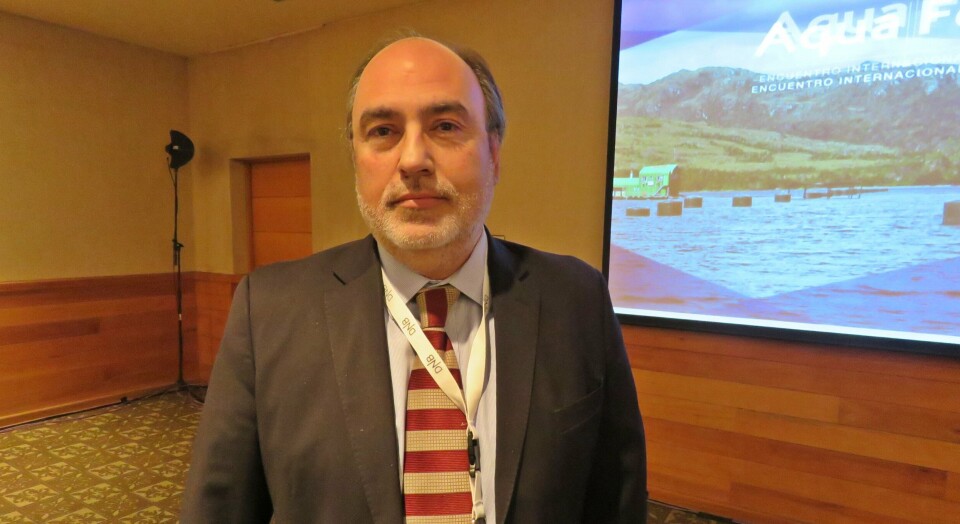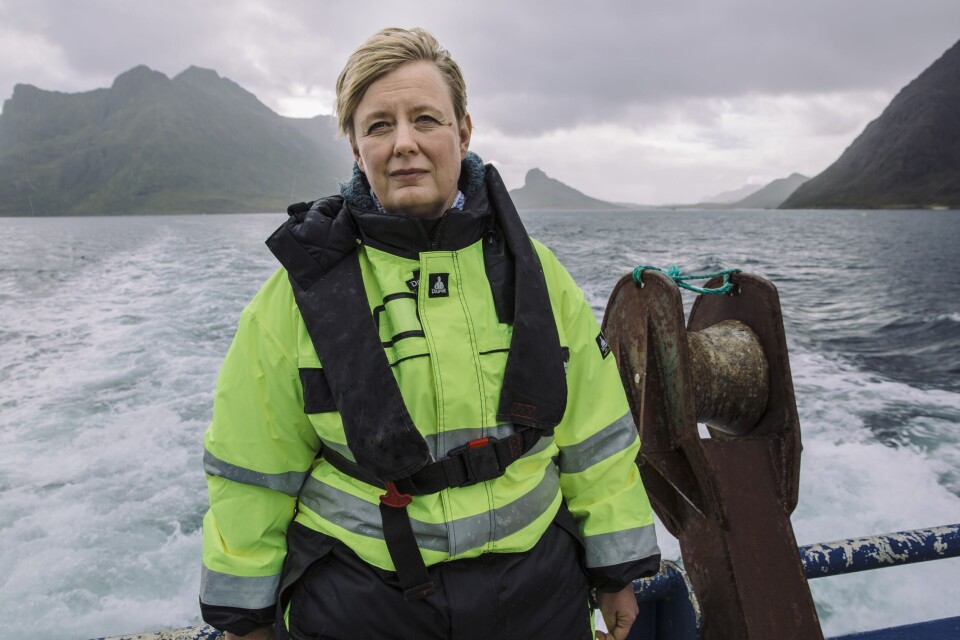
Covid crisis earns salmon farming new recognition in Chile and Norway
Chile and Norway have followed in the footsteps of Scotland and Canada by recognising salmon farming as a critical industry during the Covid-19 epidemic.
Such official endorsement is particularly important in Chile, where some communities have questioned whether salmon farming is a key sector amid fears that activity linked to the industry could spread the virus.
On the island of Chiloé in Los Lagos region, local people have previously set up roadblocks to prevent lorries bringing fish farming supplies from the mainland and transiting salmon products across the island to port.
Fundamental sector
And in the Aysén region a spokesman for local authorities warned of the potential for civil unrest because of concerns that salmon farm workers arriving from Puerto Montt might introduce coronavirus to the area.
In the face of such concerns, Undersecretary of Fisheries and Aquaculture, Román Zelaya told Fish Farming Expert’s Chilean sister site, Salmonexpert.cl: “Salmon farming is a fundamental sector during the present contingency, since it is part of the production chain that ensures the availability of food for the population, and the productive development of the country.”
“It must be considered that this activity generates a significant number of jobs, especially in the south of Chile, which in a crisis of this magnitude must also be taken into account,” said the minister.
“The first priority is to protect people’s health against Covid-19, which includes those who work in the salmon farming sector. Within this framework, the Health Authority is strictly supervising the salmon farms and process plants, in order to protect the wellbeing of the workers, their family environment and the communities they comprise.”
‘Rigorous compliance’
Zelaya said the Department of Fisheries and Aquaculture wanted to guarantee fish farming could continue, but that the industry had to accept “timely and rigorous compliance” with any safety measures decreed necessary.
As an example, cities such as Punta Arenas, where Magellanes salmon farming is developed, have been in quarantine since April 1, but the industry continues to operate with strict protection protocols for its workers and communities, and with the minimum staffing required to guarantee health management of fish and protection of the environment.
In Chiloé, the salmon industry’s commitment has been to operate with 50% capacity in its processing plants to protect its workers, amid calls from the island’s communities to stop activity during the pandemic.
In Aysén, salmon farming personnel in outside the area can only enter by sea and will remain on shift for more days than previously, to reduce the turnover of people and thus avoid more infections by Covid-19.

‘It is good that we are seen’
Meanwhile, in Norway, Eva Maria Kristoffersen, general manager of salmon farmer Egil Kristoffersen & Sons, sees several positive trends in a challenging time.
“I am glad that we have been given the status of a socially critical industry. It is good that we are seen,” said Kristoffersen.
She thinks it is good that the authorities have introduced flexibility for the industry, for example by allowing a three-month extension on the certification of vessel certificates.
“This could have created some problems,” she said.
Wellboat worry
Most things are carrying on as normal with the company, and the harvest in May should go as planned.
“We think it will work fine, but it’s hard to say. It depends on if something happens to wellboats and that kind of thing. If there is illness on board many wellboats, it can suddenly become a big problem that you can’t get hold of boats as planned,” said Kristoffersen.
Norway’s Covid-19 lockdown is set to be eased, with some younger children going back to school next week.























































